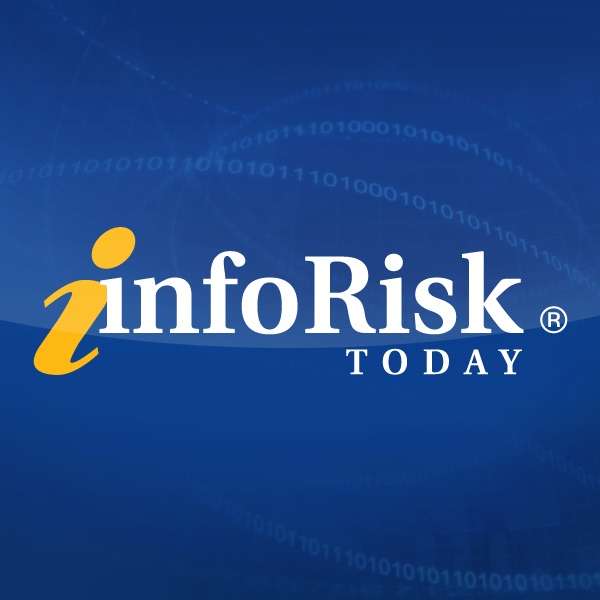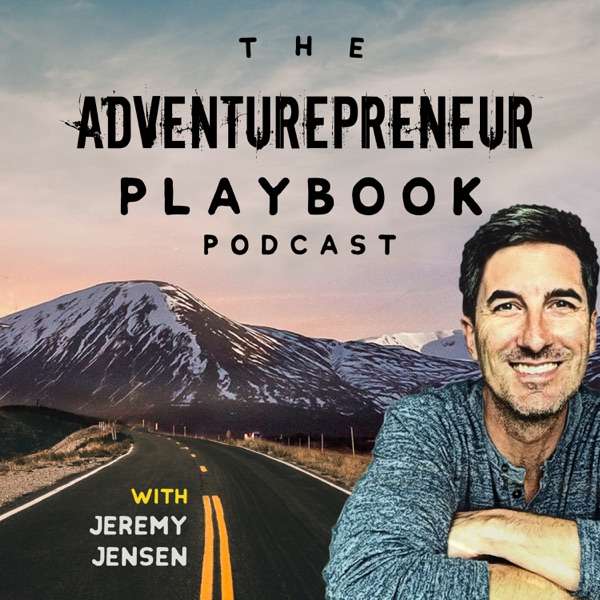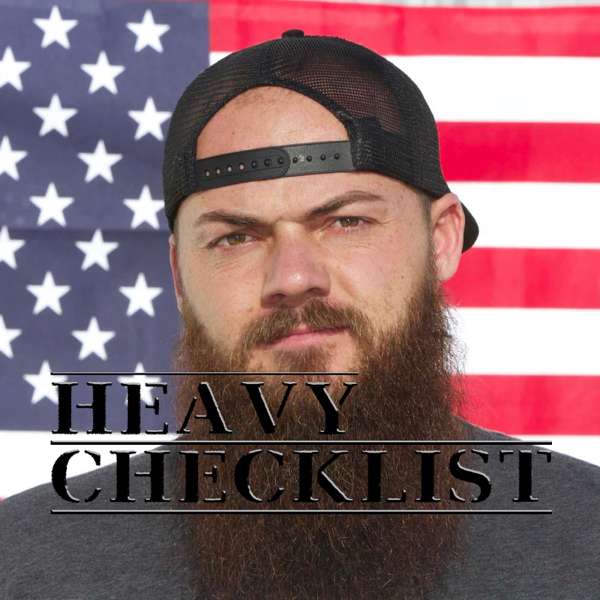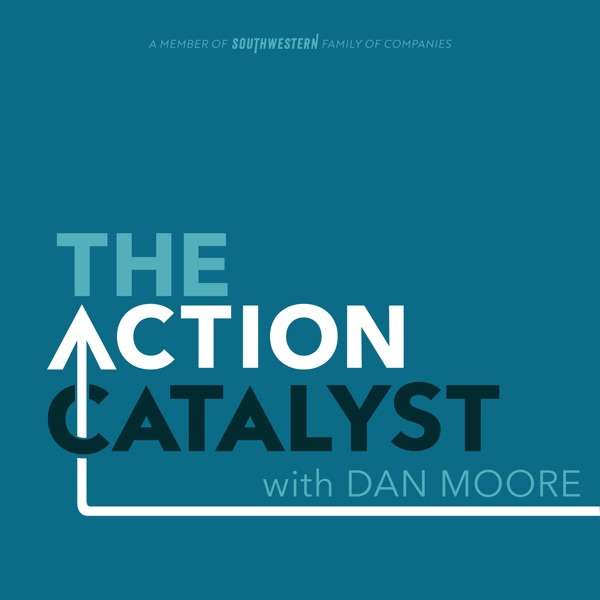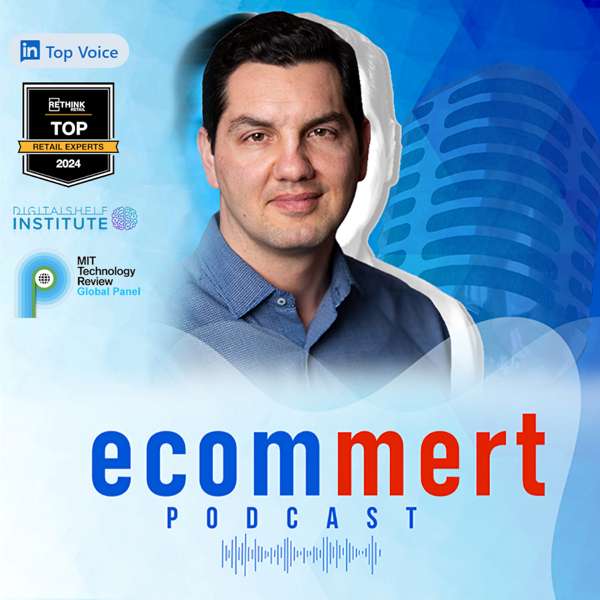In this episode, Markus sits down with Manish Sood, CEO, Founder, and Chairman of Reltio, to explore how enterprises can modernize their architecture through data unification, intelligent automation, and AI readiness. Drawing on Manish’s experience building cloud-native platforms and enabling data-driven transformation, they unpack the evolution of Master Data Management (MDM) and the critical need for an API-first, process-oriented approach. From breaking down data silos and improving data quality to leveraging AI agents and automating business workflows with tools like Reltio and Workato, this episode offers a strategic lens for leaders looking to future-proof their operations in an increasingly AI-powered landscape.
Timestamps
00:00 Episode Start
03:14 Founding vision and evolution of Reltio
09:36 API-first approach and data unification
14:13 The role of AI in modern business processes
19:13 Driving business transformation through integration
22:43 Future of applications and data strategy
28:08 How GenAI is affecting data quality
33:10 Envisioning the AI-driven center of excellence
Episode Key Takeaways
- Unify data to unlock its full value: Siloed systems hold back AI progress. An API-first approach and the use of entity graphs help organizations bring together data from multiple sources. When data is unified and accessible, it becomes far more valuable for business and AI applications.
- Let AI do the heavy lifting on data quality: Most tools highlight data issues but don’t fix them. AI can go further by cleaning, disambiguating, and enriching data from unstructured sources. This keeps data accurate, reliable, and ready for action.
- Think in processes, not schemas: Rigid data models limit agility. A process-oriented mindset helps integrate workflows across departments, increasing flexibility and speed. Tools like Reltio and Workato can help streamline these integrations.
- Prepare for an AI-first application future: Applications are moving toward prompt-based and AI-driven interactions. Businesses should start getting their data ready and automating key processes. Those who do will be better positioned to compete in an AI-powered world.
Top Quotes
"That is the benefit of hindsight. Having been through the experience, having looked at the previous generation of technologies and capabilities. When I started Reltio in 2011, the core thesis that informed the foundation was the fact that companies, enterprises in particular, will continue to see an explosion in applications and therefore data silos.”
“I've never heard a business owner say they want to move slower. Everybody wants to move faster. Every business process, if they were able to do something in 30 days, they want to now do it in seven days. If they were able to do it in seven days, they want to do it in seven minutes. If they were able to do the same thing in seven minutes, they want to go down to seconds or milliseconds. And that's the natural progression that we will continue to see, where every business process needs to execute in a shorter timeframe, faster, without human intervention. And this is where agentic comes in.”
“Just by inserting AI in the middle of that business process, nobody is going to say that now, instead of a hundred, a thousand milliseconds is okay. In fact, the insertion of AI, the whole purpose of AI being inserted in the middle, is to make it faster. So when you think about that, the data that informs those decisions has to be available as the, always on, always accessible, fastest-moving piece of the entire puzzle so that you can get to that leverage, you can get to that business outcome in a shorter timeframe.”
“Applications will not exist in the manner we know of them today. We have to think about data differently where we have to not only think of it as a strategic asset, core data that runs your business being available at every given point in time for any business process, any decision that needs to be made, or any analytical process that needs to be informed with it. And this bridge or divide between analytical and operational will disappear because it's the same information that needs to be used in both places.”
“The tools today measure the quality of data, but they don't fix it. The remediation of that data also has to happen in parallel, and that remediation can be done by agentic capabilities. And especially now, doing some of the research that a human would do before, go out research certain detail, bring that back, validate certain pieces of information. All of those things can be automated through agentic capabilities. And that's how we are looking at the continuum, the entire lifecycle of data. All the way from sourcing to consumption, so that we can address all the lifecycle gaps in the middle and enhance the quality or the trust in the data, and then make it available for consumption across the enterprise.”
Hosted by Simplecast, an AdsWizz company. See pcm.adswizz.com for information about our collection and use of personal data for advertising.

 Our TOPPODCAST Picks
Our TOPPODCAST Picks  Stay Connected
Stay Connected


